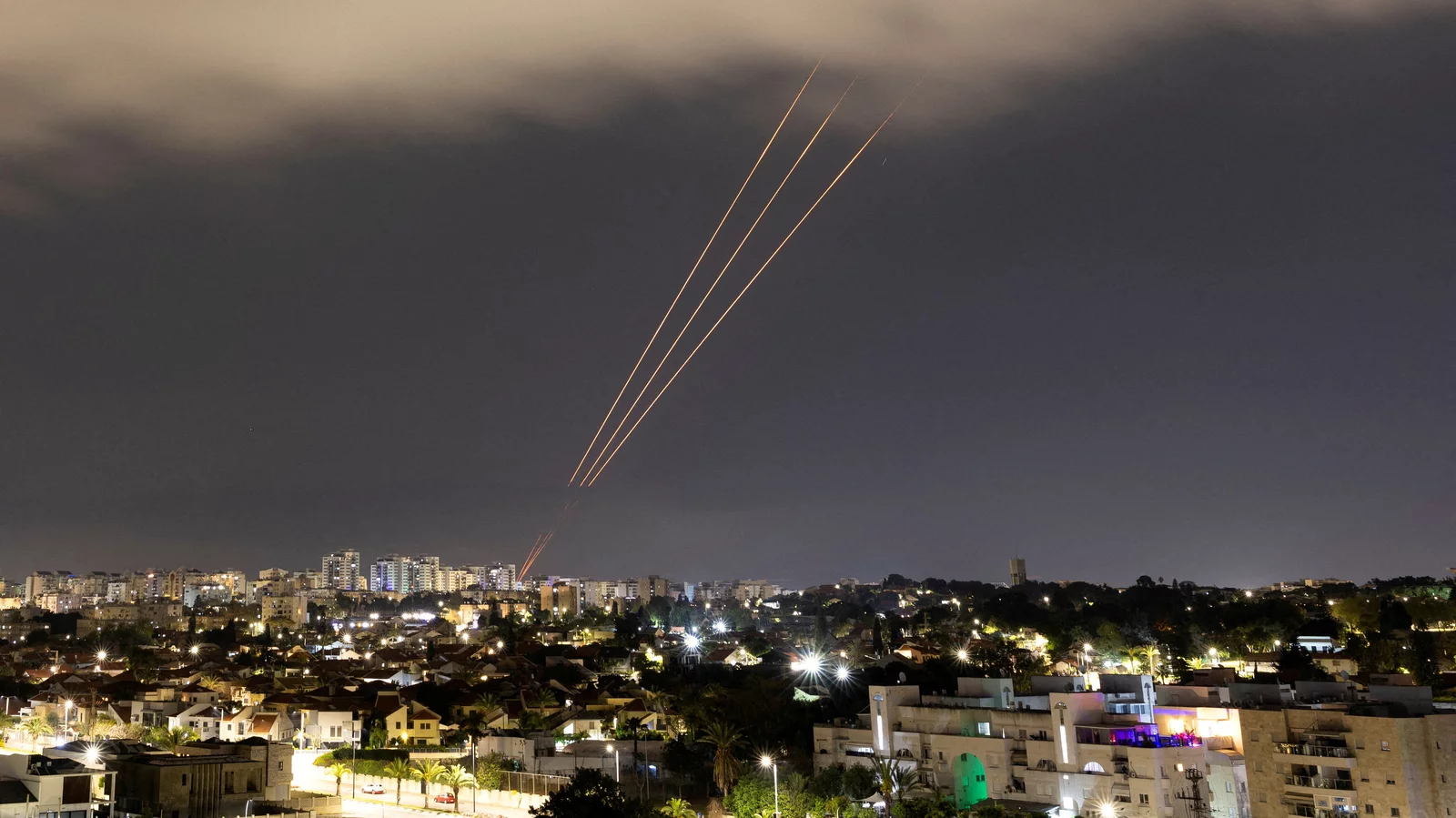Brigadier General Mohammad Reza Zahedi, a senior commander in the elite Quds Force of Iran’s Revolutionary Guard Corps (IRGC), and his deputy
BANGLADESHI WOMEN MIGRANTS : STORY 1. By Dr. Anindita Dasgupta, India.

Ask a Bangladeshi villager how AIDS has been spreading in his country and nine out of ten will reply, " Bangladeshi 'nongra' (dirty) women bring it from outside".
Many of the male returnees regale their friends and families with 'first hand' stories about how 'good' Bangladeshi women lose all sense of values in order to earn a few extra bucks. This also adds to popular rural misconceptions on how AIDS is brought to Bangladesh.
Prominent Dhaka academic Imtiaz Ahmed recalls being accosted by fellow Bangladeshis in Singapore several years back, to take up a campaign in Bangladesh to stop Bangladeshi women from coming to Singapore to work as domestic help or maids. He recalls being shocked by the proposition. "Why stop the women from legally working and earning hard currency from abroad? "But the answer I got was that '….they are our women. They cannot handle themselves. They will all end up as prostitutes!" says Prof. Ahmed.
As Ahmed rightly points out in bewilderment, who would dare perform such an illegal activity in a whip-cracking country like Singapore, particularly of the magnitude contemplated? The stereotyping of female migrants as women who are 'bad' or 'dirty' has much to do with the ambivalent stance that the male-dominated Bangladeshi society holds on this issue.
A recently concluded study on Bangladeshi women migrants by CARAM, a Malaysian NGO which works on action research on AIDS and mobility clearly sp male dominated society like Bangladesh, the decision to migrate is generally not the woman's own. 'Women are too often seen as commodities by their husbands and families. They are not even asked to migrate but simply sent by male family members or their husbands so that the women can contribute to the family income".
And yet, says the study, the very fact of migration erodes the element of control that these male members or husbands have over the women. "The same woman who behaves in a certain way in Bangladesh, may show a completely different behaviour in Malaysia, Maldives or Singapore". Preferring to wear the salwar-kameez (the long shirt and flared trousers preferred by women elsewhere in South Asia), even trousers, to the cumbersome Bengali saree, wearing a little make-up, cutting the hair short, shaving of legs, wearing fancy underclothes, going out in groups and developing friendship with the opposite sex are all construed as being signs of the slipping control and the men are quick to label them as 'prostitutes'.
The women migrants are, in this way, twice victimized. First, by the social system which treats them as commodities to be sent abroad at will to earn money. Second, they are stigmatized them for having lived on their own abroad and earned their own money and social freedom. The most victimized are the female returnee migrants who find themselves unable to adjust their newfound independence to the social ostracism they confront once back home.
Arifa Unnisa, 37, returned home in Khulna after a three year stint as a domestic help in Singapore, where she had had to work twelve to fourteen hours a day with almost no holidays. Her husband was angry to see that her hair was shorter then when she had left Bangladesh, He even had problems that she laughed so much with her other returnee friends. Seeing her changed attitudes, he proceeded to harbour a suspicion that she would have had affairs in Singapore. He told Arifa that he did not trust her anymore. Soon he remarried and brought home a 'good' youn illage.
The people in the village said Arifa's husband had done a wise thing, for who could trust a woman who had lived all alone in a foreign country for three years? Soon the story began to circulate that her husband had remarried because Arifa had developed HIV due to free sex in Singapore. And yet, her husband felt he had a right over the money, the television set, the radio and the camera she had brought because he had sold some of his land in order to pay the fee of the recruiting agency that arranged her job in Singapore.
Dilmon Ara's husband Sharif in Khatkhatia village in Rangpur district also refused to have sex with her anymore because he was afraid of contracting HIV from her. "Dilmon is young and beautiful. I do not believe she did not have boyfriends in the last few years in Riyadh". Indeed, Dilmon was forced to have sex several times with her factory supervisor, a Sri Lankan man, who had taken her passport away for 'safe-keeping'. Sharif did not believe her story and instead thought she had taken to part-time sex working to earn money for her good clothes. Some of the young men in the Khatkhatia village began to make lewd passes at Dilmon Ara and asking her, "Jaabi?" ( Will you come with me?). They almost always sang vulgar Hindi film songs and jeered loudly when they saw her passing by.
International migration of women for employment affects the individual migrant woman in many ways. On the one hand, it exposes her to a new and different world of opportunities, income and identity. On the other hand, it also deprives her of the traditional forms of social support and family protection and makes her vulnerable to exploitation and physical and sexual abuse. Equally important, however, is the image that these women bring back with them when they return to traditional societies, such as predominantly rural Muslim Bangladesh.
The re-integration into the family system back home thus becomes socially problematic and psychologically stressful. The returnee women find it increasingly difficult to adjus ymbols of identity and bread-earners to the traditional role of the good Bengali village house-wives.
A recent research project on Bangladeshi women migrants conducted by the Refugee and Migratory Movement Research Unit (RMMRU) of Dhaka University shows interesting findings based on interviews with 40 returnee women migrants. The study confirms that these women went through extreme hardship during the period of their stay abroad. Some garment workers were unable to be productive once home because of ruined eyesight, while others developed eye and skin allergies so that they could no longer work in the garment sector. A surprisingly large number of those interviewed reported hearing loss as a result of being hit repeatedly on the head as punishment. The RMMRU study also reported numerous cases of sexual abuse which left the women mental wrecks.
In addition to all this, if the communities at home hold to such simplistic notions about the difference between 'good' and 'bad' women and on the spread of HIV, there is nothing for these victimized women to do other than accept their fate. Says Ayesha Khatun, " For me now, Allah alone is Malik". ( God is my only saviour now). Her husband, a corpulent 45-years-old with a demure young second wife, sips the aromatic tea Ayesha had brought back with her from Muscat and watches a Bengali soap on the smart new television set.
You May Also Like
Iran will have to remember that - the Iranian revolution of 1979 was not merely a Shia revolution but Islamic revolution (ii)- Being worshipers of
IF India gives-up “One China policy” then it will also impact the issues of Xinjiang, Hong Kong and Taiwan which all are claimed

On demand of our readers, I have decided to release E-Book version of "Trial of Pakistani Christian Nation" on website of PCP which can also be viewed on website of Pakistan Christian Congress www.pakistanchristiancongress.org . You can read chapter wise by clicking tab on left handside of PDF format of E-Book.







